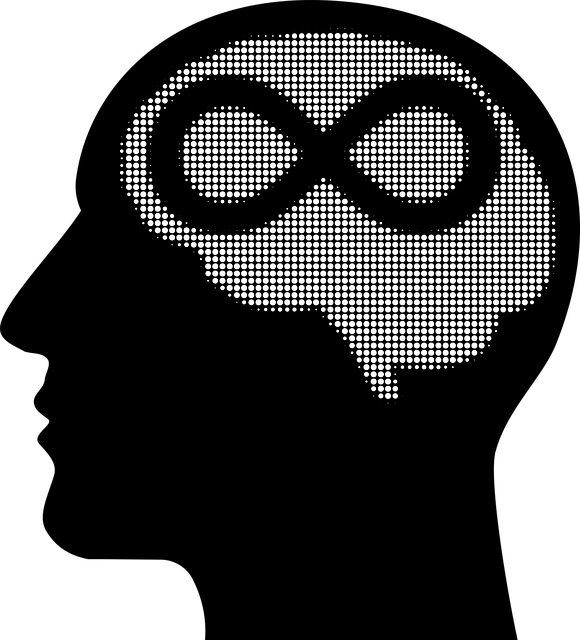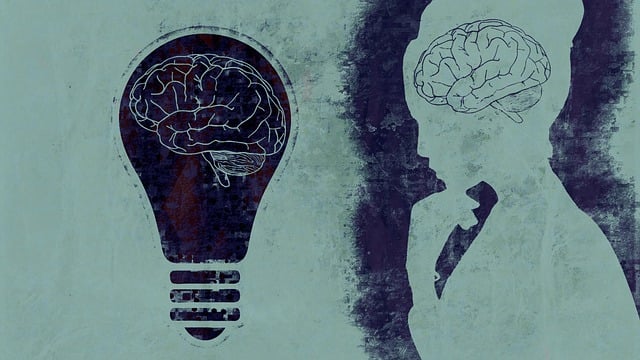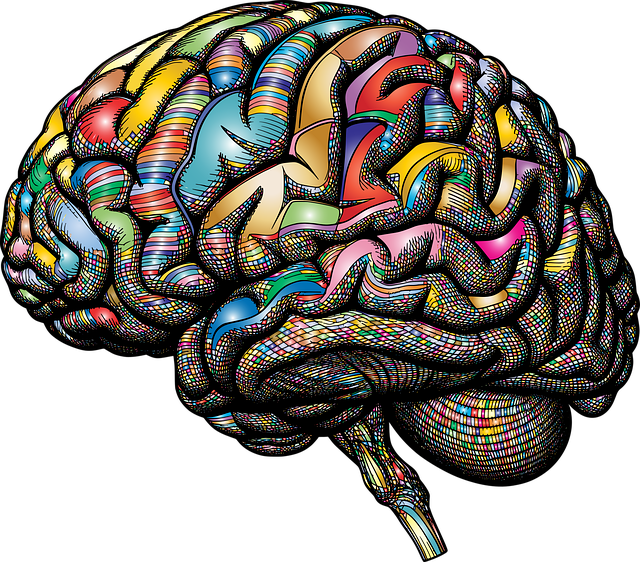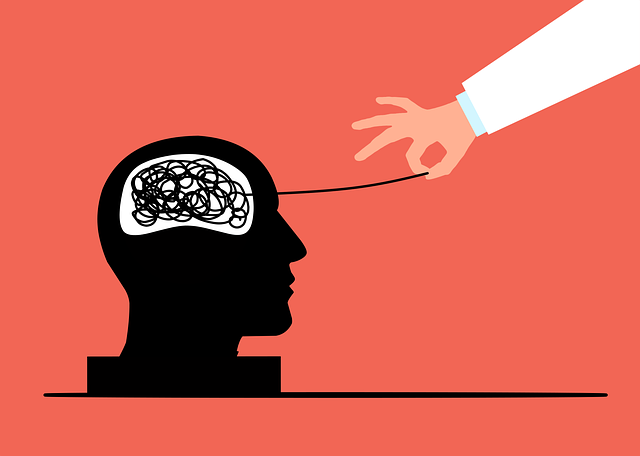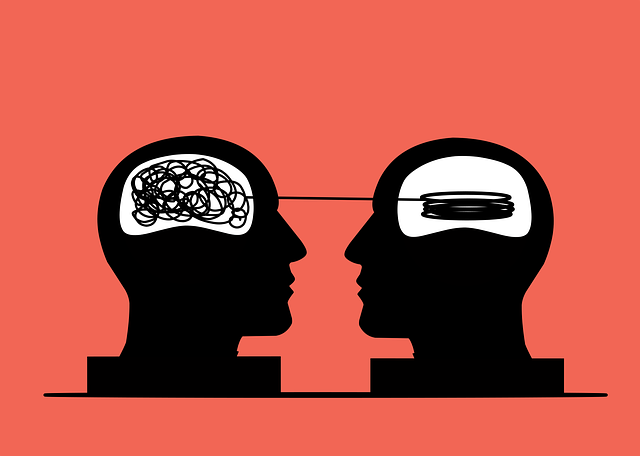Mental wellness coaching, led by programs like Lafayette Mindfulness Therapy, offers a holistic approach to personal growth using techniques such as mindfulness, cognitive behavioral therapy (CBT), and positive psychology. By addressing both symptoms and root causes of distress, these programs enhance resilience, emotional intelligence, and overall well-being. Structured curricula, tailored to individual needs, combine one-on-one sessions, group workshops, and digital tools for remote coaching. Success is measured through pre/post program assessments, qualitative feedback, and long-term outcome tracking, ensuring continuous improvement in mental health and well-being.
Mental wellness coaching programs are gaining prominence as essential tools for promoting holistic well-being. This article offers a comprehensive overview of mental wellness coaching, highlighting the significant role played by Lafayette Mindfulness Therapy in shaping modern coaching practices. We explore key components and strategies for designing effective curricula, delve into implementation methods to enhance client engagement, and discuss evaluation techniques to measure program success. By integrating Lafayette Mindfulness Therapy principles, coaches can create impactful interventions fostering mental resilience and improved quality of life.
- Understanding Mental Wellness Coaching: A Comprehensive Overview
- The Role of Lafayette Mindfulness Therapy in Modern Coaching Programs
- Designing Effective Coaching Curricula: Key Components and Strategies
- Implementation and Delivery Methods for Optimal Client Engagement
- Measuring Success: Evaluation Techniques for Mental Wellness Coaching Programs
Understanding Mental Wellness Coaching: A Comprehensive Overview

Mental Wellness Coaching is a supportive process that empowers individuals to enhance their overall well-being. It’s a holistic approach that combines various techniques, such as mindfulness, cognitive behavioral therapy, and positive psychology, to help people manage stress, overcome challenges, and develop sustainable coping mechanisms. Unlike traditional therapy, coaching focuses on personal growth and self-discovery, enabling clients to set goals and make positive changes in their lives. This method is particularly effective for those seeking to navigate mental illness, overcome adversity, or simply improve their overall quality of life.
Lafayette Mindfulness Therapy, for instance, offers a comprehensive mental wellness coaching program that targets not only the symptoms but also the underlying causes of distress. By addressing the root issues and providing practical tools, this approach helps individuals develop resilience and emotional intelligence. Moreover, these programs often incorporate strategies tailored to reduce the stigma associated with mental illness, fostering a supportive environment where seeking help is normalized. In conjunction with effective Mental Illness Stigma Reduction Efforts, Stress Reduction Methods, and advocacy for progressive Mental Health Policy Analysis, coaching programs play a pivotal role in promoting holistic well-being within communities.
The Role of Lafayette Mindfulness Therapy in Modern Coaching Programs

In recent years, Lafayette Mindfulness Therapy has emerged as a transformative approach within the realm of coaching programs, offering valuable tools for modern mental wellness support. This therapeutic method focuses on cultivating mindfulness, awareness, and present-moment presence, which are essential skills to navigate today’s fast-paced world. By integrating Lafayette Mindfulness Therapy into coaching frameworks, professionals can significantly enhance their ability to assist clients in managing stress, anxiety, and even depression prevention.
The benefits extend beyond just stress management workshops; it empowers individuals to improve self-esteem, foster better emotional regulation, and develop a deeper sense of inner calm. This therapy encourages clients to embrace a non-judgmental, accepting mindset, allowing them to cultivate resilience and navigate life’s challenges with greater ease. As a result, coaching programs incorporating Lafayette Mindfulness Therapy are becoming increasingly popular, as folks seek holistic approaches to enhance their overall mental wellness.
Designing Effective Coaching Curricula: Key Components and Strategies

In designing effective coaching curricula for mental wellness programs, such as those offered by Lafayette Mindfulness Therapy, several key components and strategies are essential. Firstly, a structured curriculum that aligns with established best practices in mental wellness coaching should be developed. This includes setting clear goals and objectives, incorporating evidence-based techniques like mindfulness and cognitive behavioral therapy (CBT), and tailoring the program to meet individual client needs. The curriculum should also promote self-esteem improvement through activities that foster self-awareness, emotional regulation, and positive thinking.
Additionally, interactive and engaging coaching methods should be implemented to enhance learning outcomes. This involves using a variety of delivery formats like group sessions, one-on-one meetings, and digital tools for remote coaching. Incorporating regular assessments and feedback mechanisms allows coaches to monitor progress and adjust the curriculum as needed. By focusing on these components, mental wellness coaching programs development can ensure that clients receive comprehensive support tailored to their unique journeys towards improved mental health and enhanced self-esteem.
Implementation and Delivery Methods for Optimal Client Engagement

The implementation and delivery methods chosen for mental wellness coaching programs play a pivotal role in ensuring optimal client engagement. At Lafayette Mindfulness Therapy, we leverage a multi-faceted approach that combines one-on-one sessions, group workshops, and digital resources to cater to diverse learning styles and preferences. Personalized plans that integrate self-care routine development for better mental health are designed to empower individuals with practical tools for stress reduction methods and compassion cultivation practices.
Our strategies emphasize interactive and immersive experiences, fostering a supportive environment where clients can openly explore their mental wellness journeys. By blending traditional therapy techniques with innovative digital solutions, we create accessible and engaging pathways for personal growth. This holistic method not only enhances the effectiveness of coaching programs but also ensures clients have the resources they need to sustain improvements in their mental health and overall well-being.
Measuring Success: Evaluation Techniques for Mental Wellness Coaching Programs

Measuring success is a critical aspect of evaluating the effectiveness of Mental Wellness Coaching programs, such as those offered by Lafayette Mindfulness Therapy. Various evaluation techniques can be employed to assess the impact and progress of participants. One effective method is pre-and post-program assessments, where individuals are given standardized questionnaires or surveys before starting the coaching and then again after completion. This allows for a direct comparison of their mental health status, stress levels, and overall well-being.
Additionally, qualitative feedback from participants can provide valuable insights. Surveys that include open-ended questions encourage clients to share their experiences, challenges faced, and perceived benefits. This qualitative data offers a deeper understanding of the program’s strengths and areas for improvement. Other techniques like focus groups or one-on-one interviews can also be conducted to gather detailed opinions, ensuring that programs like Stress Management Workshops Organization’s offerings are tailored to meet the unique needs of their participants. Moreover, tracking long-term outcomes through periodic follow-ups is essential, as it reveals the sustainability of skills learned and the overall positive changes in mental wellness, including the potential integration of Compassion Cultivation Practices into everyday life.
Mental wellness coaching programs, enriched by the principles of Lafayette Mindfulness Therapy, have emerged as powerful tools for fostering resilience and promoting holistic well-being. By integrating key components such as mindfulness, cognitive reframing, and goal-setting strategies, these programs offer a comprehensive approach to address mental health challenges. Effective implementation through tailored curricula and engaging delivery methods ensures optimal client engagement, while rigorous evaluation techniques allow for continuous improvement. Embracing Lafayette Mindfulness Therapy as a core component enables coaches to provide transformative experiences, ultimately enhancing the success and sustainability of mental wellness coaching initiatives.


